Ok here is a summary of some of the best (partner/marriage) relationship books I have been reading lately:
If I had to pick only one general best one, it would be
"The Seven Principles for Making Marriage Work" by John Gottman. This is a book by someone who has studied relationships academically, and he has written many books on the subject. His observations and advice are not groundbreaking, but they are useful, and have been well developed and honed. His main hook is the idea of "bids" -- small mundane interactions where one person is making a bid for their partner's attention -- and the reactions to such bids, and how improving how you react to such bids can yield large improvements.
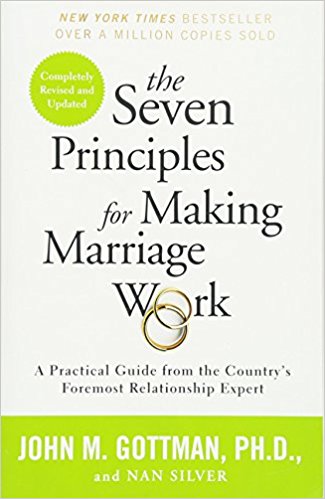
And if you are interested in relationships that extend beyond your partner -- to relatives and even work, he applies the same concepts in another book that also covers partner relationships but others as well, called
"The Relationship Cure". There's a lot of overlap so I wouldn't recommend you get both.
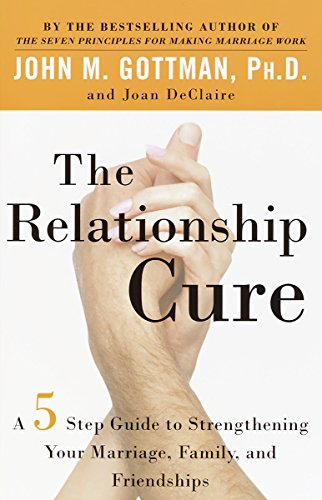
One of the major insights I got in reading these books is how large a role the differences between introverts and extroverts can play in a relationships.. I found the following book very helpful, and would highly recommend it to anyone in a relationship where one person is an introvert and the other is an extrovert: "
The Introvert and Extrovert In Love by Marti Laney and Michael Laney". I think it will help each person see their partner in a new more positive light.
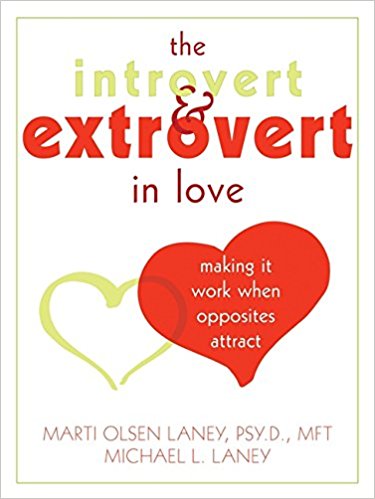
As one might predict, some relationship self-help books seem to sometimes be directed at an audience of people who might be said to have unusually difficult times in relationships, or who have major issues that they feel they need to overcome. While I don't find myself in this category, one interesting book for those who think that their are childhood issues getting in the way of them having healthy relationships was
"Getting the Love You Want: A Guide for Couples by Harville Hendrix". There is plenty of advice and insights that would apply to all relationships, but there is also quite a bit of a focus on repairing childhood issues that may have been caused by parents. I'm not sure I agree with some of his theories but there were some thought provoking ideas.
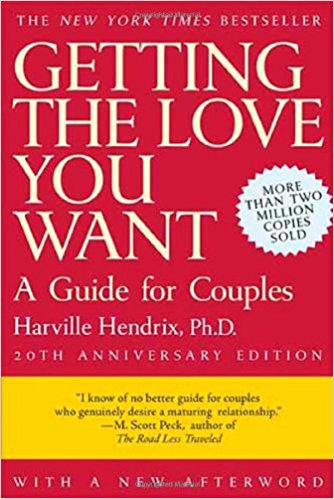
If you have an appreciation for buddhist/zen approaches, as I do, another book that I quite liked was
"How to Be an Adult in Relationships: The Five Keys to Mindful Loving by David Richo". I would say, like the Hendrix book above, this one has more of a focus on people who may have deeper issues to resolve, but it is unique in the books I've read in combining practical advice and insight, with a constant thread of being mindful (aware of, non-judgemental, acknowledging but not struggling against) about the world around you and your fears and issues.
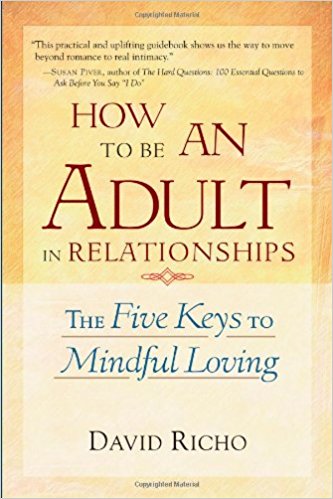
If you're more interested in the sexual/romantic side of relationship building and relationship struggles, a book I found quite thought provoking was
"Mating in Captivity: Unlocking Erotic Intelligence by Esther Perel". Esther Perel is a couple's therapist. This is a slightly unconventional book with a distinct theory and approach. I guess the best shorthand explanation for the author's theory is that couples need to pro-actively create a kind of healthy tension in their sexual relationship, being careful not to let loving/comforting/nurturing attitudes interfere with it. So she stresses the importance of independence,which isn't too controversial, but also suggests value in not taking for granted that your partner will always be around and will never leave you. There is also some insightful discussion about cultural effects on sexual taboos, and why people have certain sexual preferences and the healthiness of play and fantasy.
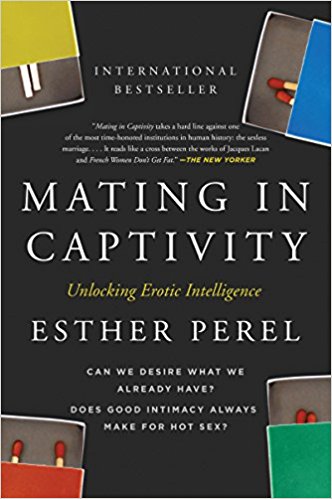
Another book that I find quite illuminating was recommended to me by a donationcoder member who shall remain anonymous:
"Love and Limerence: The Experience of Being in Love by Dorothy Tennov". This is a very narrowly focused book by an academic, on a particularly intense phenomena of falling madly in love, that seems to only effect a minority of the population. The author describes the emotional state of limerance as a very intense desire for someone (often someone who the subject does not know well), with intrusive thoughts and preoccupation, that can generate a richly satisfying and addictive kind of attachment. And the attachment and feeling of love and need is typically heightened by the unavailability of the object of one's affections. I'm probably not doing it justice here, but the bottom line is that if these kinds of feelings resonate with you and describe the kinds of experiences you have had falling madly in love with someone you barely know, you may find this book a revelation and incredibly helpful. It may also help you put things in perspective and snap out of a silly fixation on someone who, by their very nature, is not going to be good for you.
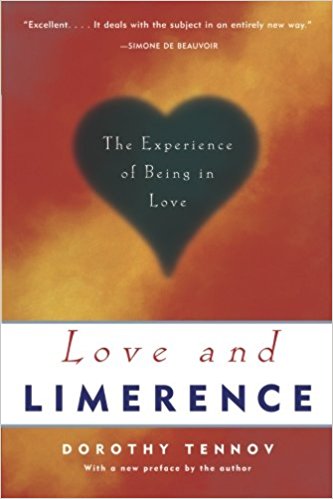
Here's an early good book I read that I forgot to add to my initial write up. "
The 5 Love Languages: The Secret to Love that Lasts" by Gary Chapman. This one seems to have really hit home with people and has spun off a few additional related books. The take home theory of this book is that different people (and very often men and women) may have different ways that they need to hear that they are loved. Different things that affect them most strongly. For some people it's touch, for some people it's shared activities, etc. And that people tend to think that the way *they* want to have love expressed to them is *not* the same as the way their partner needs to hear it. So that it's important to figure out how your partner needs to feel loved in ways that are different from the way you need to. Pretty cool.
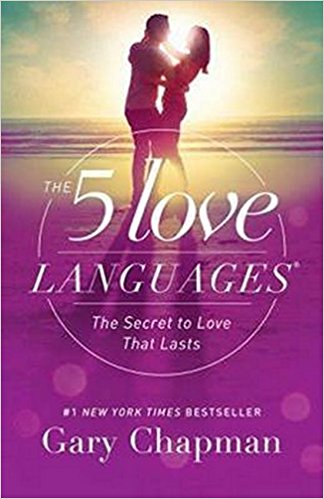
Some final closing thoughts on relationship books is that just the act of reading and discussing these with your significant other seems like it is such a good healthy thing, and taking an active interest in improving your relationship skills seems like something we could all benefit from -- it's something I wish I had been encouraged to examine earlier in my life.
In general, all of these books are way too bloated with the same information repeated over and over again... All of them could have half of their pages removed without losing anything. And I think you could probably get 90% of the benefits by reading any random relationship book -- the overlap in the ideas is substantial.. So the bottom like is just: Care enough about your relationships to read about the subject! Even for people who have a great relationship, I think seeing something written down that confirms things you already know and do will be useful.
Anyone else have relationship book recommendations?
